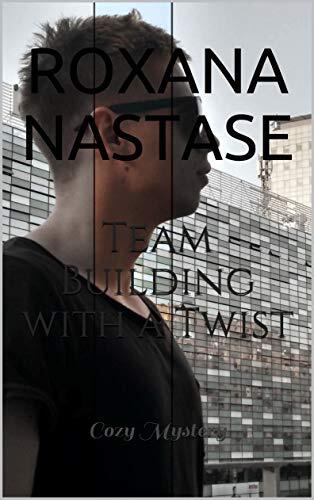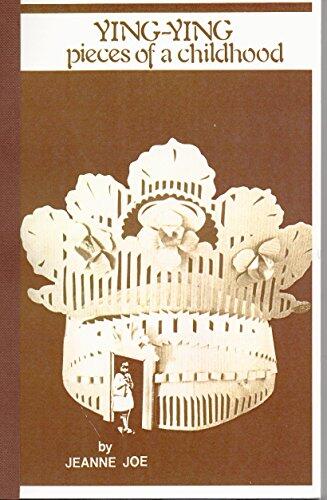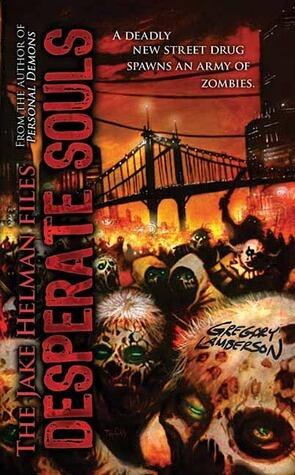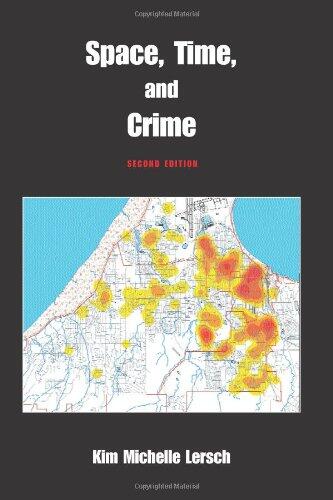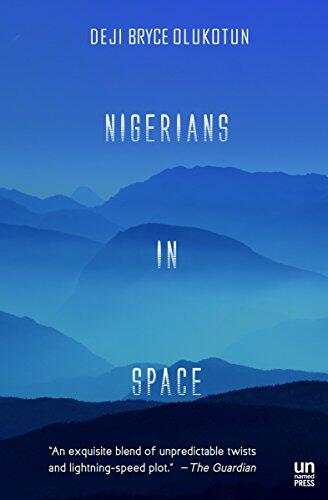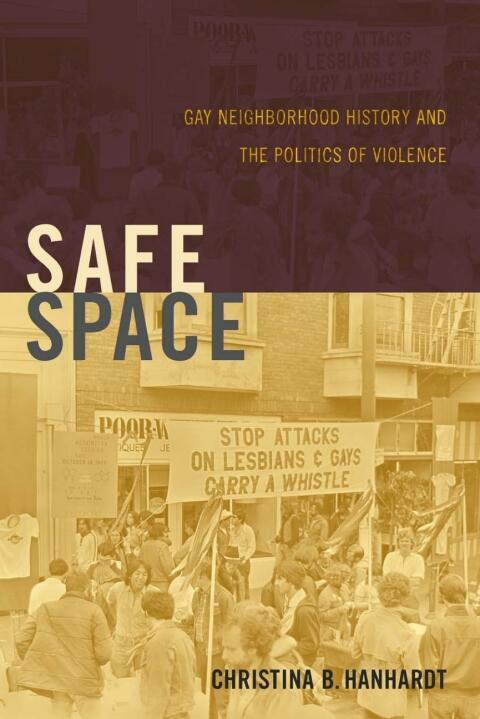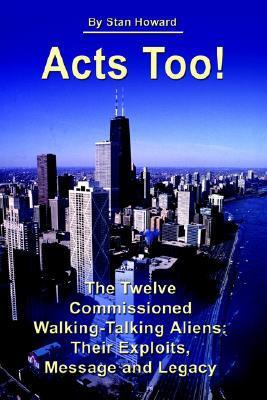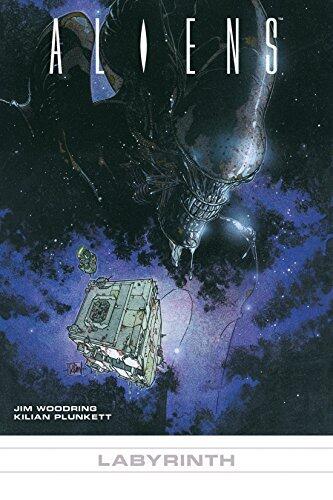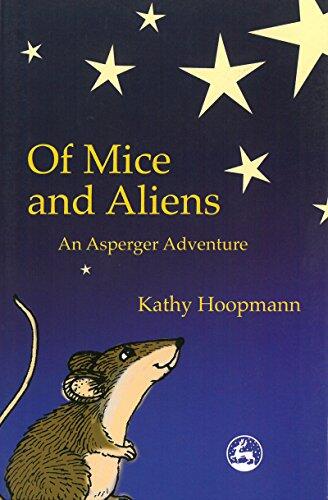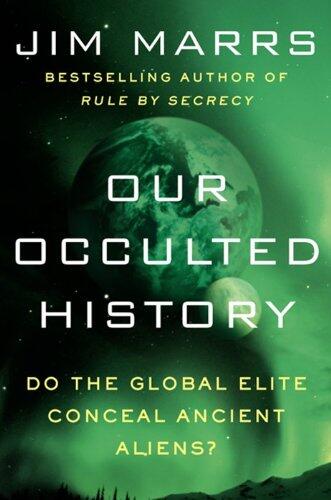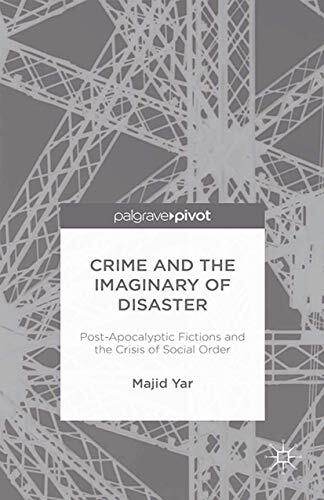
Crime and the Imaginary of Disaster: Post-Apocalyptic Fictions and the Crisis of Social Order
di
M. Yar
Ancora nessuna valutazione
Mystery
Dystopian
Religion & Spirituality
Formato
Brossura
Pagine
128
Lingua
Inglese
Pubblicato
Jan 1, 2015
Editore
Palgrave Pivot
Edizione
1st ed. 2015
ISBN-10
1349506141
ISBN-13
9781349506149
Descrizione
In a world increasingly preoccupied with the specter of disaster, an exploration into post-apocalyptic fictions reveals much about contemporary anxieties surrounding social order. The author delves into how these narratives reflect societal fears and aspirations, examining the intersection of crime and the imagined aftermath of catastrophe. Through various compelling examples, themes of survival, morality, and the fragility of civilization are dissected.
As communities are envisioned in the wake of collapse, the novel landscapes are littered with both human ambition and moral ambiguity. The narrative asserts that crime, far from being an aberration in these tales, is often woven into the very fabric of societal reconfigurations. It challenges readers to consider how interpersonal dynamics shift when civilization crumbles, provoking thoughts about justice, order, and the human condition under duress.
The author also interrogates the role of literature in shaping our understanding of crises. By tracing the evolution of post-apocalyptic storytelling, they highlight how narratives influence collective consciousness, guiding expectations and fears about looming disasters. With each perspective examined, a greater comprehension of the social structures both maintained and dismantled in these fictional worlds emerges.
Ultimately, this study invites a critical reflection on how imaginary disasters serve as a canvas for broader societal commentaries. As individuals confront the complexities of modern life, these tales of ruin resonate deeply, prompting essential questions about morality, human nature, and the very foundations of social order in the face of overwhelming challenges.
As communities are envisioned in the wake of collapse, the novel landscapes are littered with both human ambition and moral ambiguity. The narrative asserts that crime, far from being an aberration in these tales, is often woven into the very fabric of societal reconfigurations. It challenges readers to consider how interpersonal dynamics shift when civilization crumbles, provoking thoughts about justice, order, and the human condition under duress.
The author also interrogates the role of literature in shaping our understanding of crises. By tracing the evolution of post-apocalyptic storytelling, they highlight how narratives influence collective consciousness, guiding expectations and fears about looming disasters. With each perspective examined, a greater comprehension of the social structures both maintained and dismantled in these fictional worlds emerges.
Ultimately, this study invites a critical reflection on how imaginary disasters serve as a canvas for broader societal commentaries. As individuals confront the complexities of modern life, these tales of ruin resonate deeply, prompting essential questions about morality, human nature, and the very foundations of social order in the face of overwhelming challenges.
Recensioni
Nessuna recensione ancora
Sii il primo a recensire questo libro e condividi i tuoi pensieri
Aggiungi Prima RecensioneRegistro di Lettura
Nessun registro di lettura trovato
Inizia a tracciare i tuoi progressi di lettura per vedere i registri qui
Aggiungi il tuo primo registro di letturaNote
Registro delle transazioni
Nessun registro delle transazioni trovato
Inizia a tracciare le tue transazioni di libri per vedere i registri qui
Aggiungi il tuo primo registro di transazione